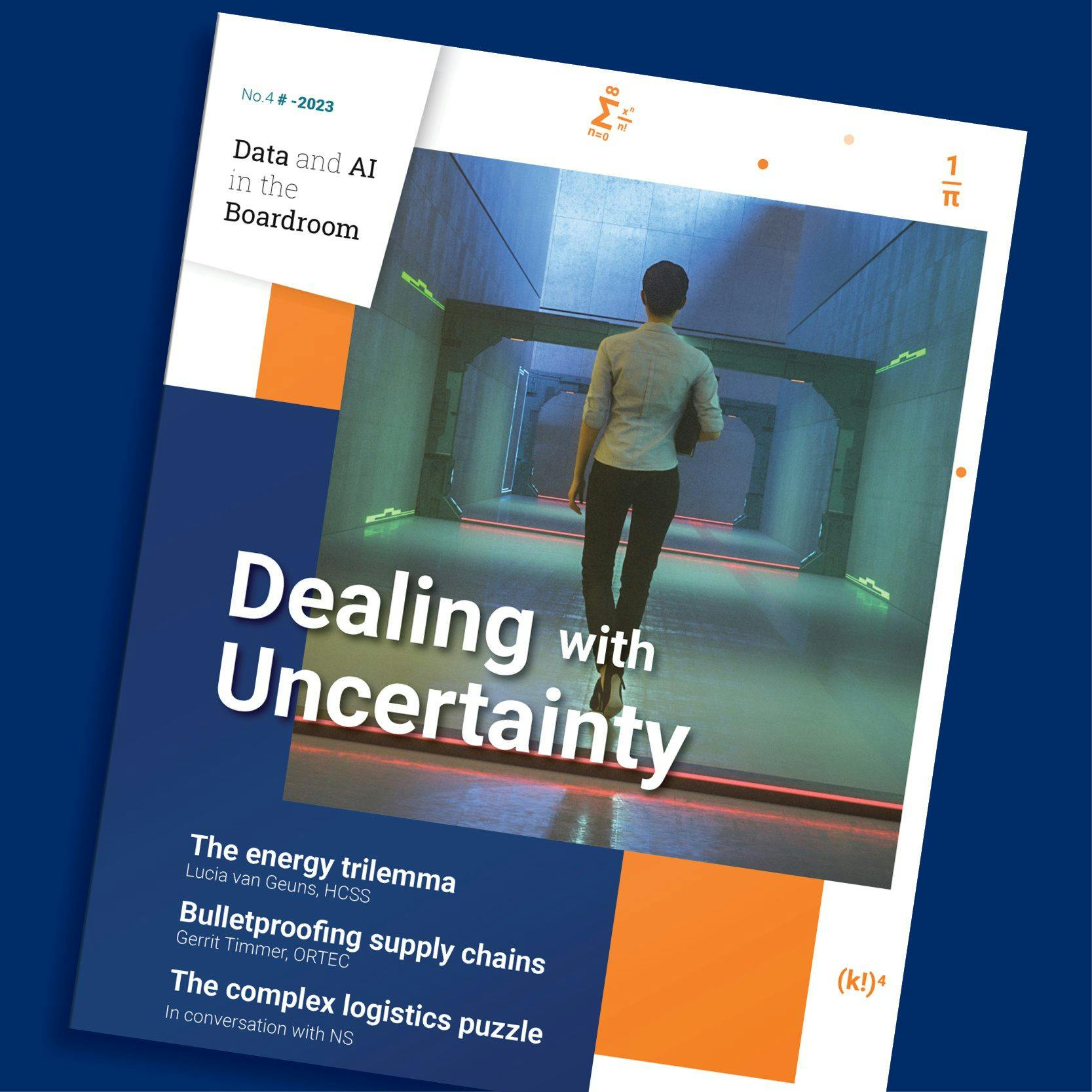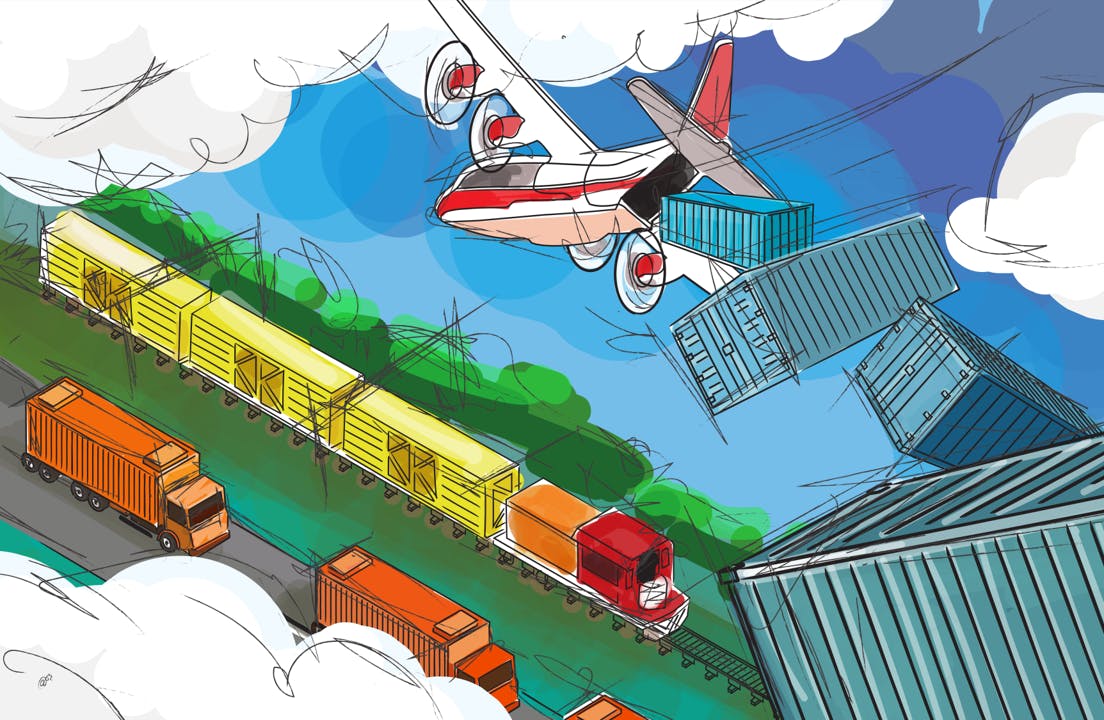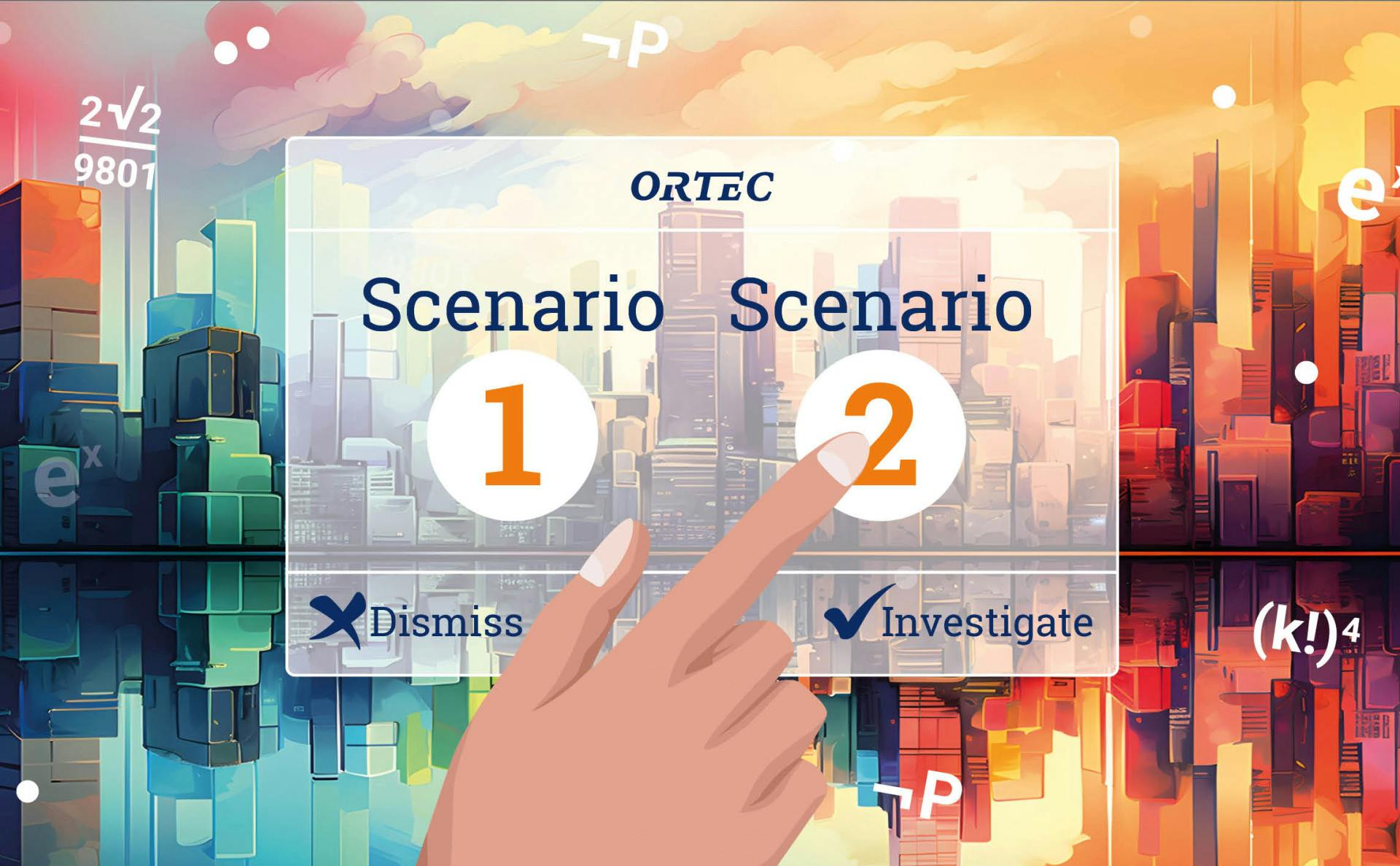Column: Uncertainty as rocket fuel for innovation
COLUMN | THE INNOVATION SIDE OF THINGS
Text: Suzanne Thomasson - Consultant and Member of the Innovation Practice team at ORTEC
We are living in uncertain times. Health crises, political instability, inflation, energy shortages, natural disasters, environmental issues…It affects us all. One could argue that those uncertain times aren’t a proper time to innovate in, which is often seen as the risky part of business, and that it’s much safer to protect what you have and wait for normal days to return. I believe the contrary is true, because uncertainty has become a certainty, and it’s rocket fuel for innovation.
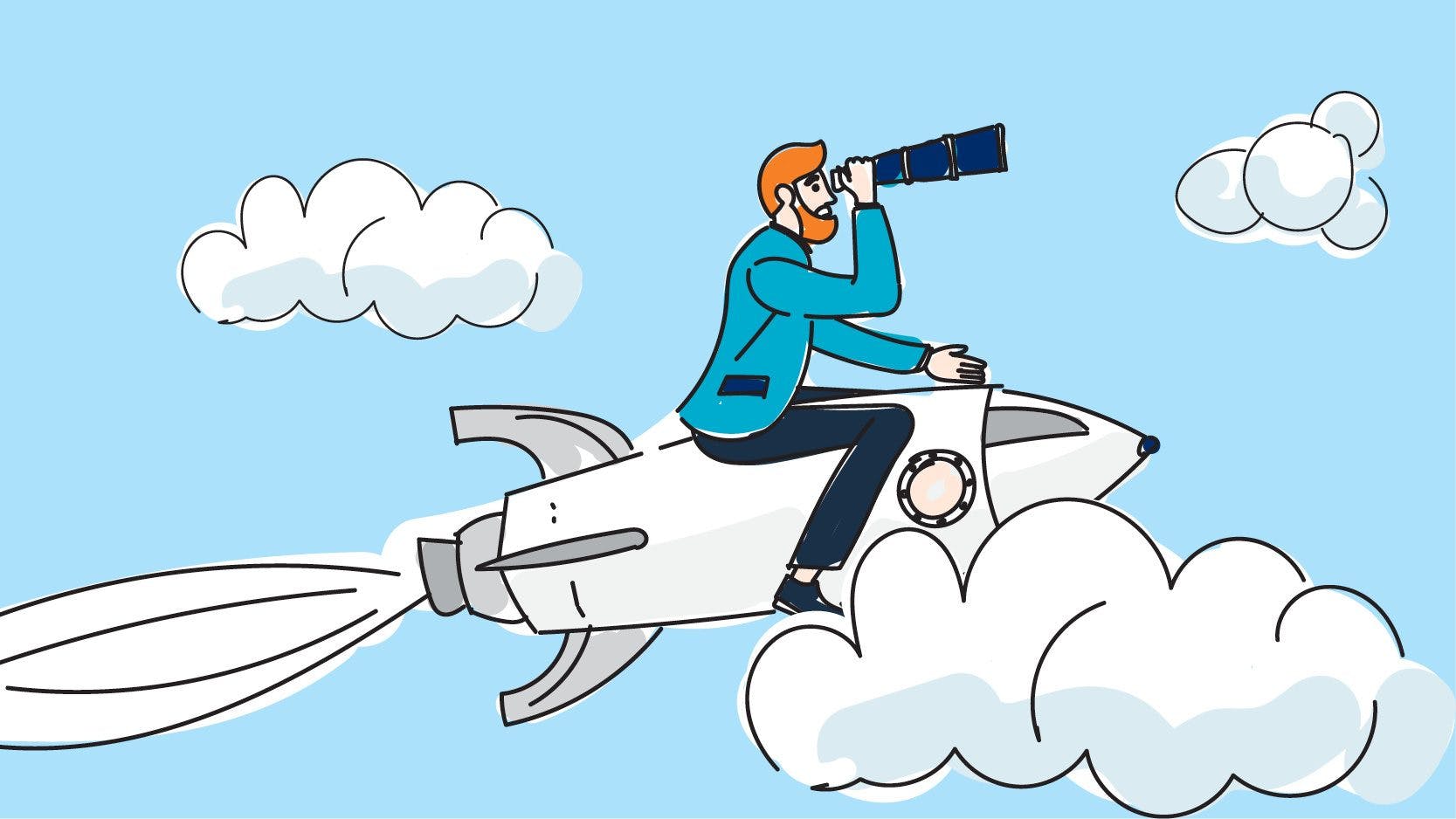
In uncertain times there are two options; wait (indefinitely) for better times to come or innovate to become highly adaptable. Although the latter could feel like a risky move, innovation can be a huge opportunity in times of disruption. Problems become more apparent during crises and adoption goes quicker as we're sometimes forced to use a certain solution or to become more adaptable. In some way, I would say that uncertainty makes innovation more certain.
In fact, I believe it’s riskier not to innovate. Waiting for ‘normal’ times to return has become riskier than trying new things in a world where uncertainty has become the new normal. It’s also riskier as some things changed for the better: I get disappointed these days when my ordered clothes arrive in lots of plastic, or when my favorite car brand does not offer a cool electric car.
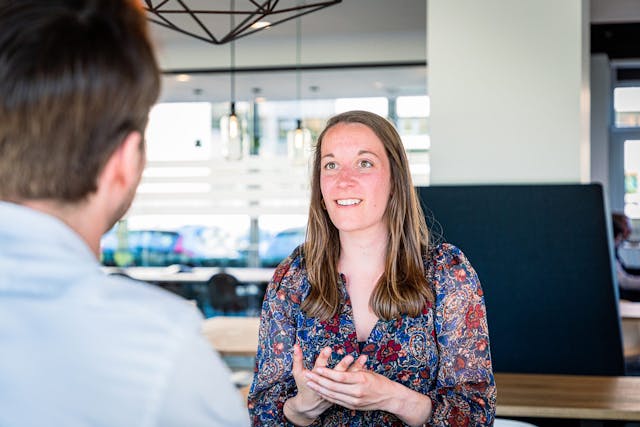
Suzanne Thomasson, Consultant and Member of the Innovation Practice team
"Waiting for ‘normal’ times to return has become riskier than trying new things in a world where uncertainty has become the new normal."
Although disruptions take place on a global level, it is the individuals who feel the consequences. Therefore, top-down problems require a bottom-up approach for innovation. The most successful form of innovation for this is needs-driven innovation, which starts by examining the problems of people. These problems become a lot clearer in times of crises because of the connected world we live in. The clarity and magnitude of problems boosts innovation.
The most successful form of innovation for this is needs-driven innovation, which starts by examining the problems of people. These problems become a lot clearer in times of crises because of the connected world we live in.
Uncertainty sometimes forces us to try things that we wouldn’t otherwise and leads us to be more open to abandon habits and form new ones. Things that I once thought were ‘unpersonal’ or ‘unthinkable’ are now digitized, and as it turns out, I’m fine with it. Some of them are somewhat forced by the pandemic and labor shortages. From face-to-face service at restaurants to QR codes and from offline business meetings to virtual ones. Numerous retailers and restaurants now have self-service checkouts, which helps them to stay in business during labor shortages.
Uncertainty also accelerates the speed of adoption. Dyson, for instance, designed a completely new ventilator specifically for Covid-19 patients in just 10 days. Impressive, isn’t it!? This shows us how a sense of urgency accelerates innovation.
Suzanne Thomasson is a data-driven consultant and member of the Innovation Practice Team at ORTEC. She works on solutions at the intersection of business and technology. where she focuses on exploring how innovation can improve customer experience. By turning complexity into simplicity and getting it concrete, she gets organizations moving.
Download your magazine
This is a column of the 4th issue of our magazine Data and AI in the Boardroom. Get your copy now.
We've asked leading figures in different sectors about how their organizations plan for the predictable and prepare for the unpredictable, and how using data and analytics in innovative ways help them to deal with uncertainty.
